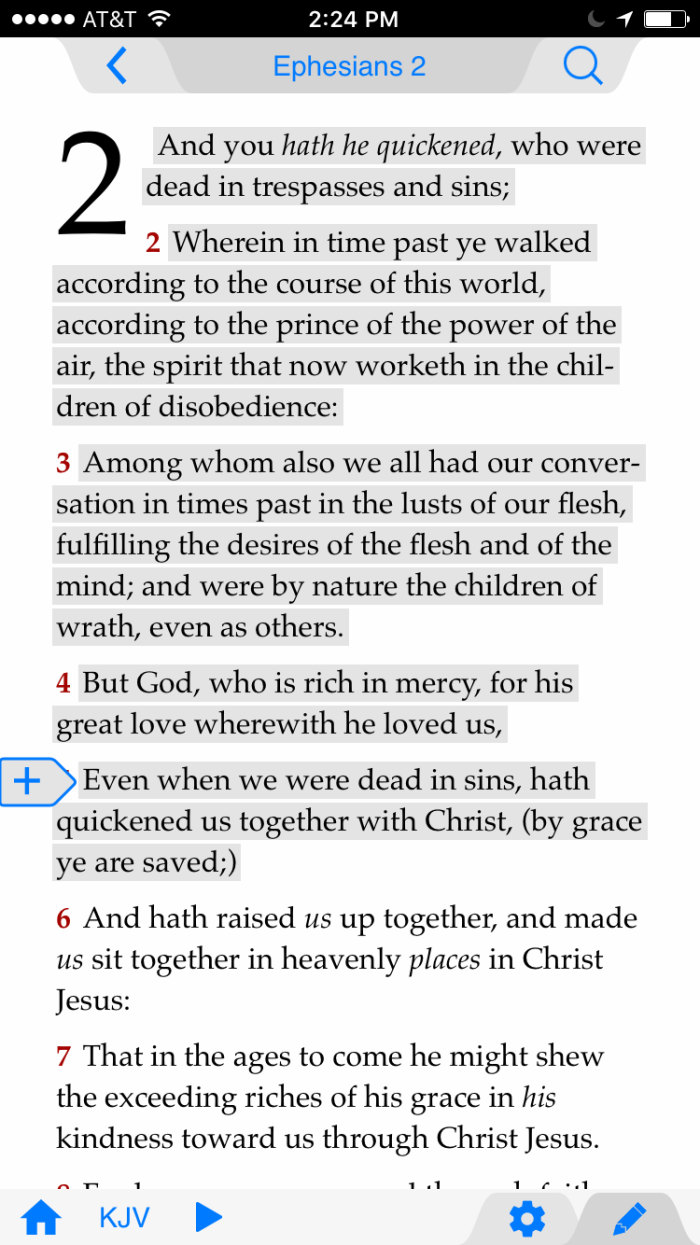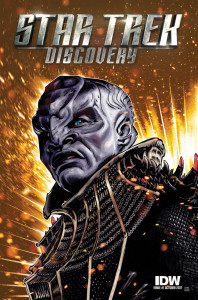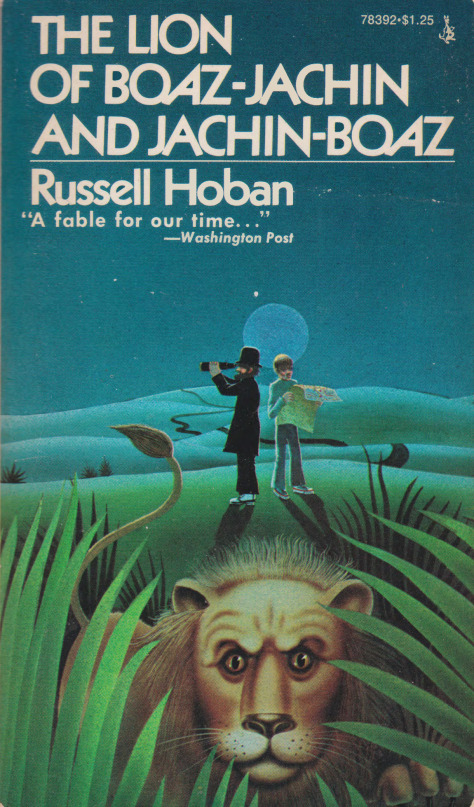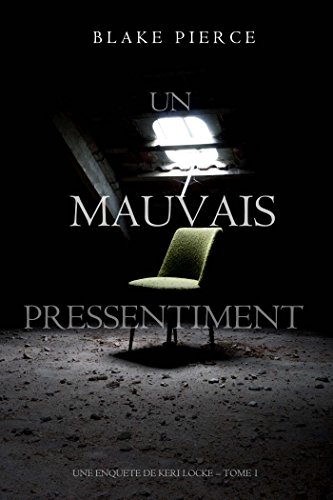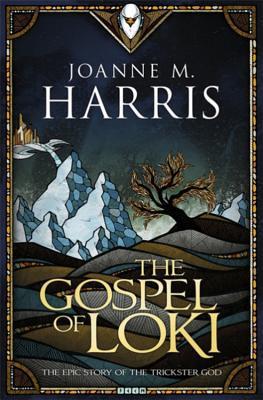 Title: The Gospel Of Loki
Title: The Gospel Of Loki
Author: Joanne M. Harris
ISBN: 9781473202351
Publisher: 2014, Gollancz
Three Word Description: Norse, Quick, Torn
“Loki, that’s me.
Loki, the Light-Bringer, the misunderstood, the elusive, the handsome and modest hero of this particular tissue of lies. Take it with a pinch of salt, but it’s at least as true as the official version, and, dare I say it, more entertaining.
So far, history, such as it is, has cast me in a rather unflattering role.
Now it’s my turn to take the stage.”
The prequel to Harris’ Runemarks is told from Loki’s perspective, which results in a fictionalized version of Norse mythology with lots of salt (from Loki’s part). My feelings for this book is a bit mixed – Loki is one of my favorite characters in this series, so it was great reading more from him. But there were a few too many things for me to fully enjoy it. Let me explain;
Loki is a great anti-hero, a.k.a. problematic. But I don’t think that telling this fictional version of the Norse myths through his perspective may have actually been so good. Since everything is from Loki’s perspective, he describes all characters as one-dimensional because of his resentments (and that it is of course from his views). It could have been much more interesting if there was more depth to the others, I know it’s about Loki but only one or two interesting characters are not enough.
(Also, I am a bit (very) salty about Harris’ portrayal of Sigyn.)
But the book is short, just under 300 pages so that makes it a quick read (which is a big plus) and saved the story a bit more. But I would honestly have no problems with it being a bit longer had the book given more depth to the other characters… Even though the story is told through Loki’s perspective, I still think it very possible to make the others more than one dimensional. Saying things like “Idun is sweet and innocent” and “Frigg cares deeply for her son Balder” to describe their whole characterization in the book is just bad.
Suffice to say, Loki still makes for a great, complicated anti-hero. And that’s important to remember – Loki is not just a tragic hero, but more of a jerk with a heart of gold. Or silver, as a heart of gold sounds too pure. It was interesting to read of what events and people pushed him to aid the world in its downfall. Also, you can’t help but feel a bit sad for the little demon who dreamed of fitting in and becoming a hero.
Also, Harris’ world building deserves some recognition of its own. Chaos and Order are two opposing forces which forged the world, to put it simply. The complexity of these two are so interesting and I love reading about it (I’m a sucker for fantasy/SciFi world buildings)
But one has to remember when reading is that this is a prequel to Runemarks, therefore not exactly accurate when it comes to Norse mythology. Also, I think this will probably be my last book I read that re-tells Norse mythology. Okay if you do something new with it like Rick Riordan’s Magnus Chase and The Gods of Asgard, but I know all the myths and stories so well that it’s starting to be a bit boring.
Well it was still a good read, and it was Loki that made the story. But I can’t help but feel that there’s a lot of wasted potentials. But hey, it’s very accurate when you come to think that the story is told from Loki’s view.
Advertisements Share this:
